The journey of an impact evaluation project
by Mariajose Silva-Vargas
This photo exhibition showcases the journey of an impact evaluation project, including its planning phase, the implementation of the intervention, and its final impact. The pictures portray a J-PAL funded evaluation in Uganda that evaluated the labour market integration of refugees in low- and middle-income countries*. The intervention was to test and certify urban refugees in their selected skills and match them with local firms in the same sectors. The pictures and video have been captured through the lens of Mariajose Silva-Vargas, a co-Principal Investigator of the project and photographer who currently works at J-PAL Europe. The final research paper can be found here
Planning phase


The research team collaborated with a local refugee-led NGO in Kampala called Bondeko. Founded by Paul Kithima, a refugee from the Democratic Republic of Congo, Bondeko aims to provide services to refugees and to promote integration between refugees and local communities. Within the organisation, Ugandans such as Elvis Zani work alongside refugees to run various projects, including urban farming, artcrafts, and briquette production. The collaboration between Paul and Elvis was crucial in designing the impact evaluation as their experience working together provided valuable insights. Bondeko also assisted the research team in organising the selection of participants in the study. The story of Paul and Elvis's collaboration was also captured in a 5-minute documentary:
Intervention phase
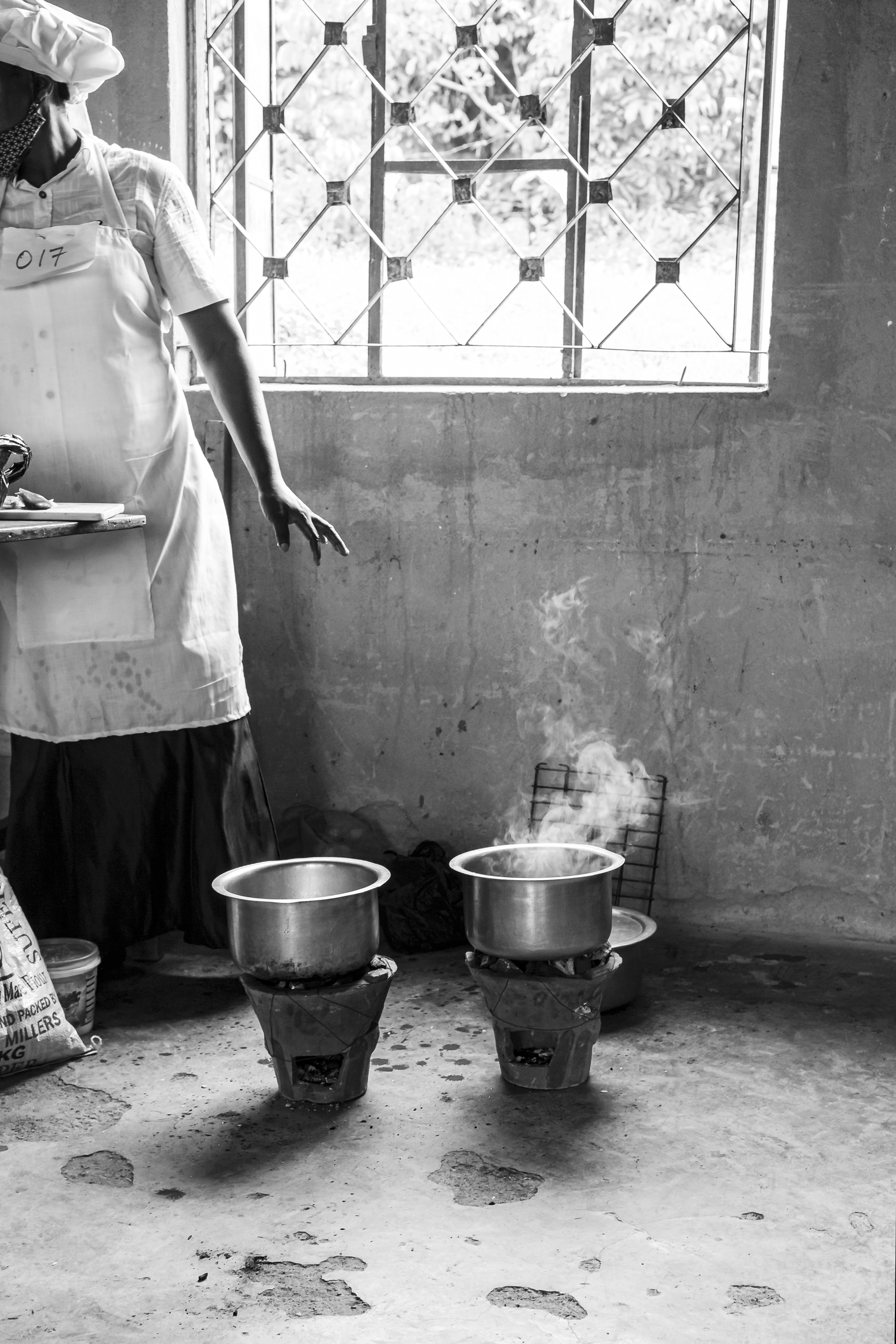
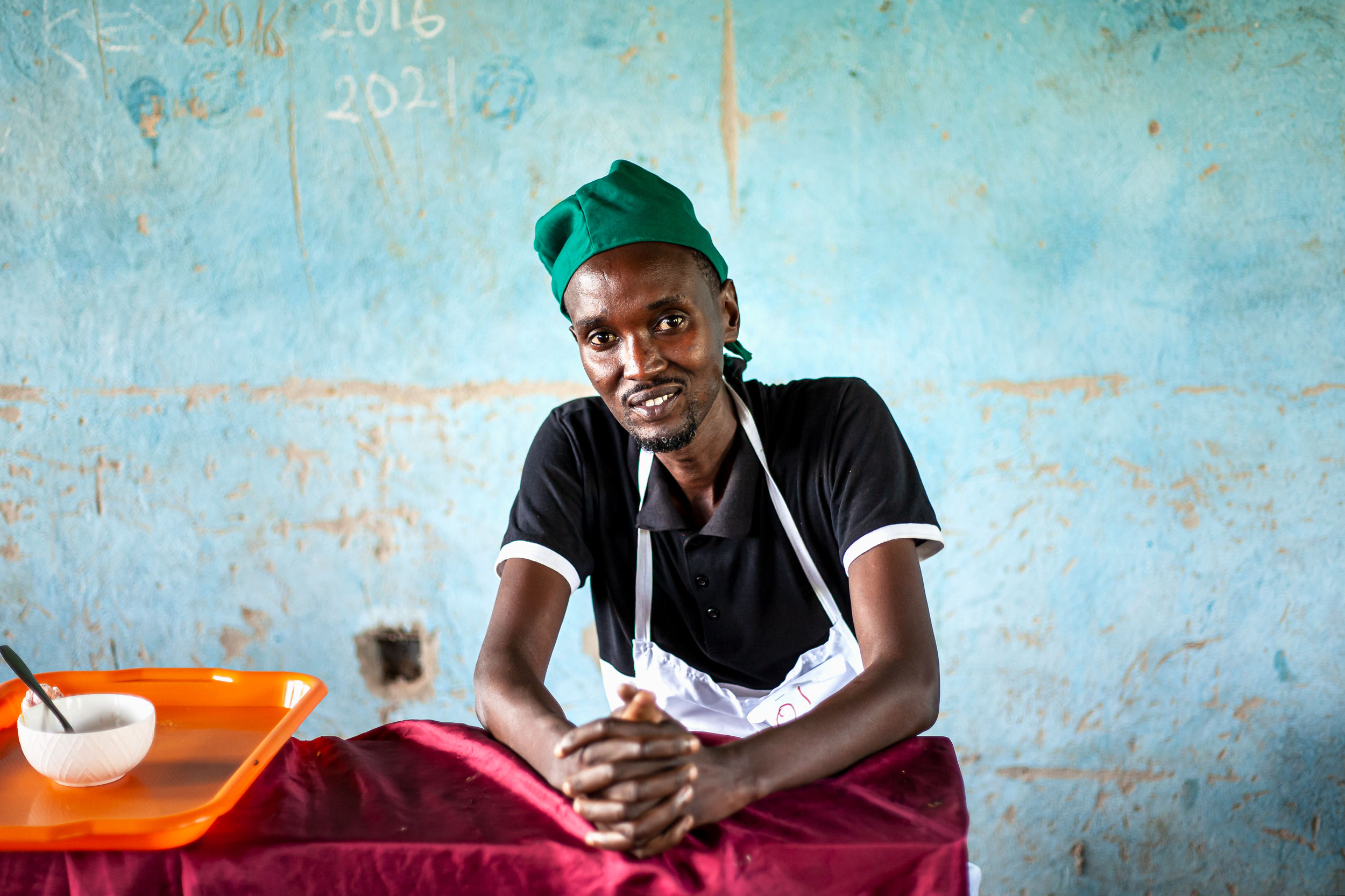
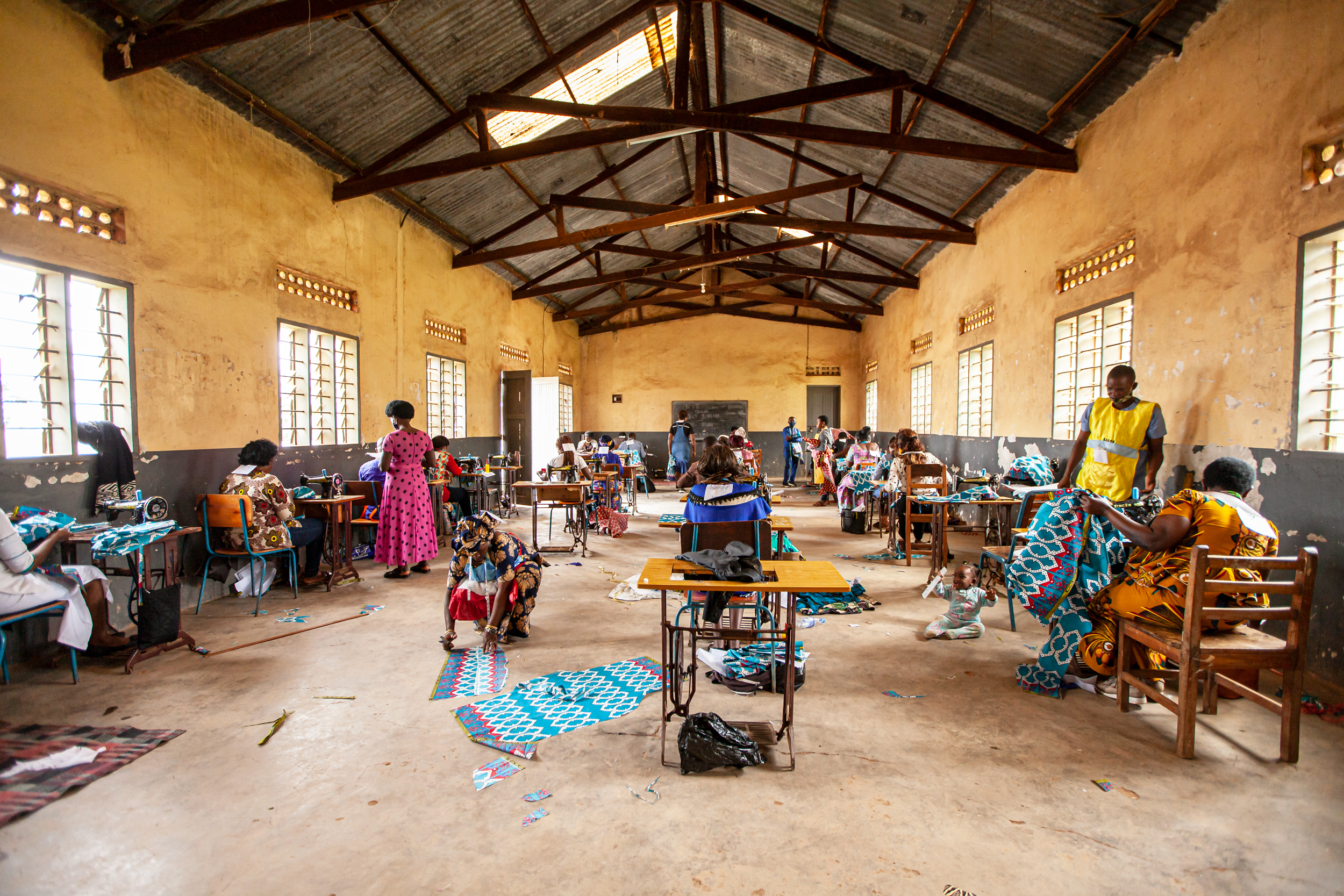
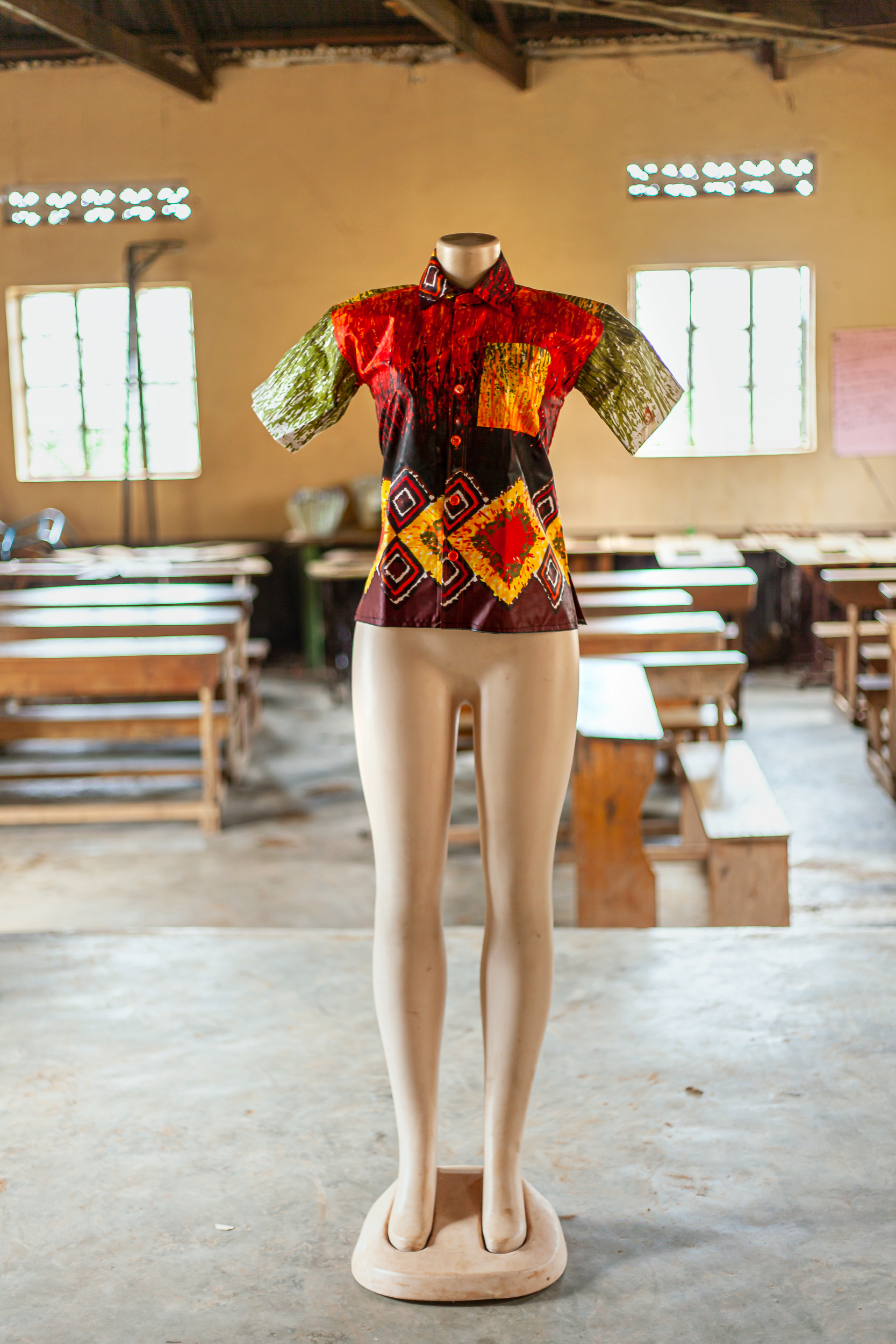
As part of the intervention, the research team verified and certified the skills of refugee workers in order to provide them with a Ugandan skills certificate. 977 refugees were invited to participate in a test administered by the Directorate of Industrial Training (DIT) of the Government of Uganda and a large vocational institute in Kampala. Administered in April 2021, the test focused on practical skills relevant to the workers’ respective occupations. For example, hairdressers were asked to style hair, chefs to prepare and serve a beef stew, and tailors to produce a short-sleeved shirt. After the test, some refugees were randomly matched with local firms for a week-long internship.
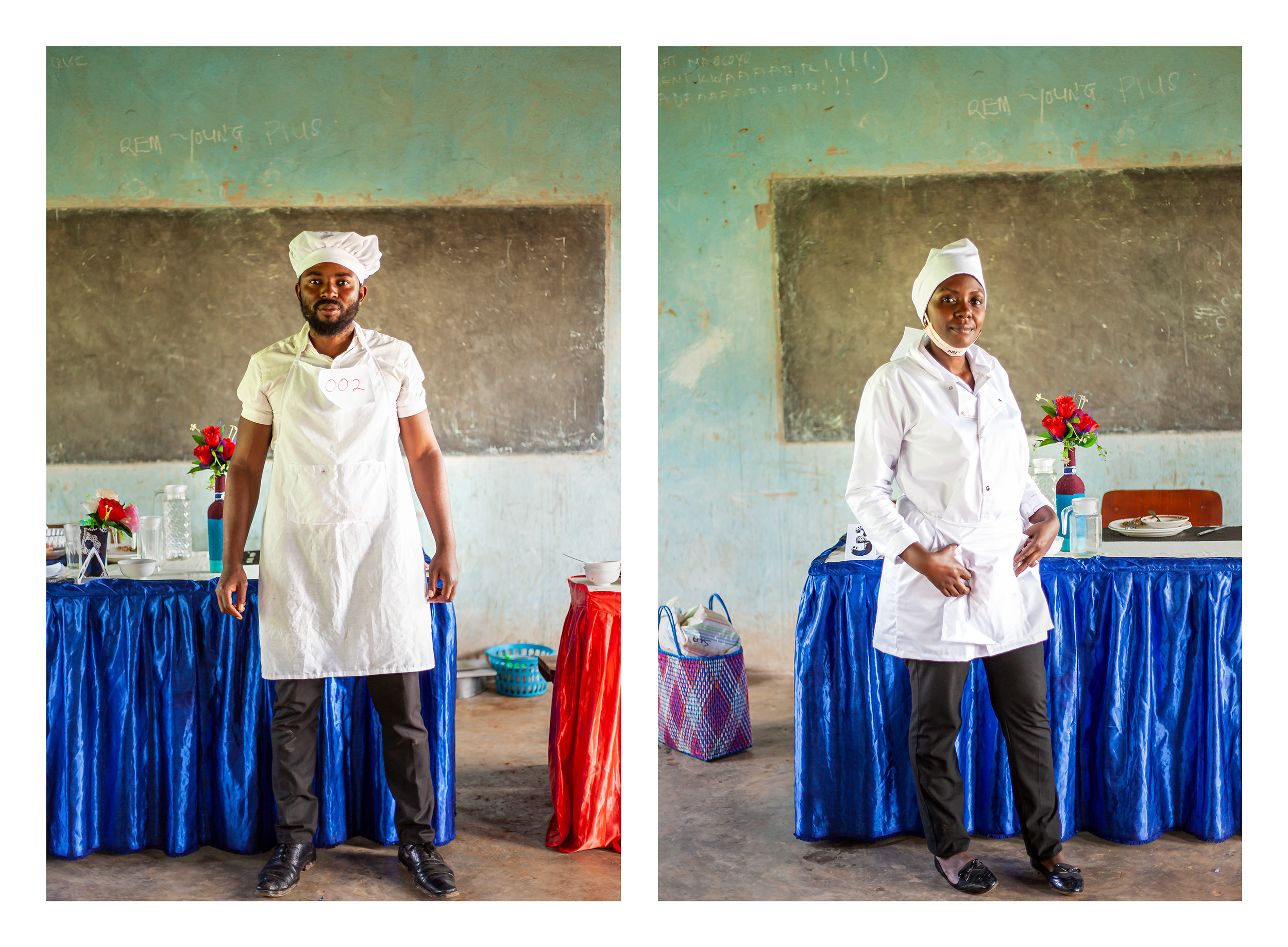
Impact phase
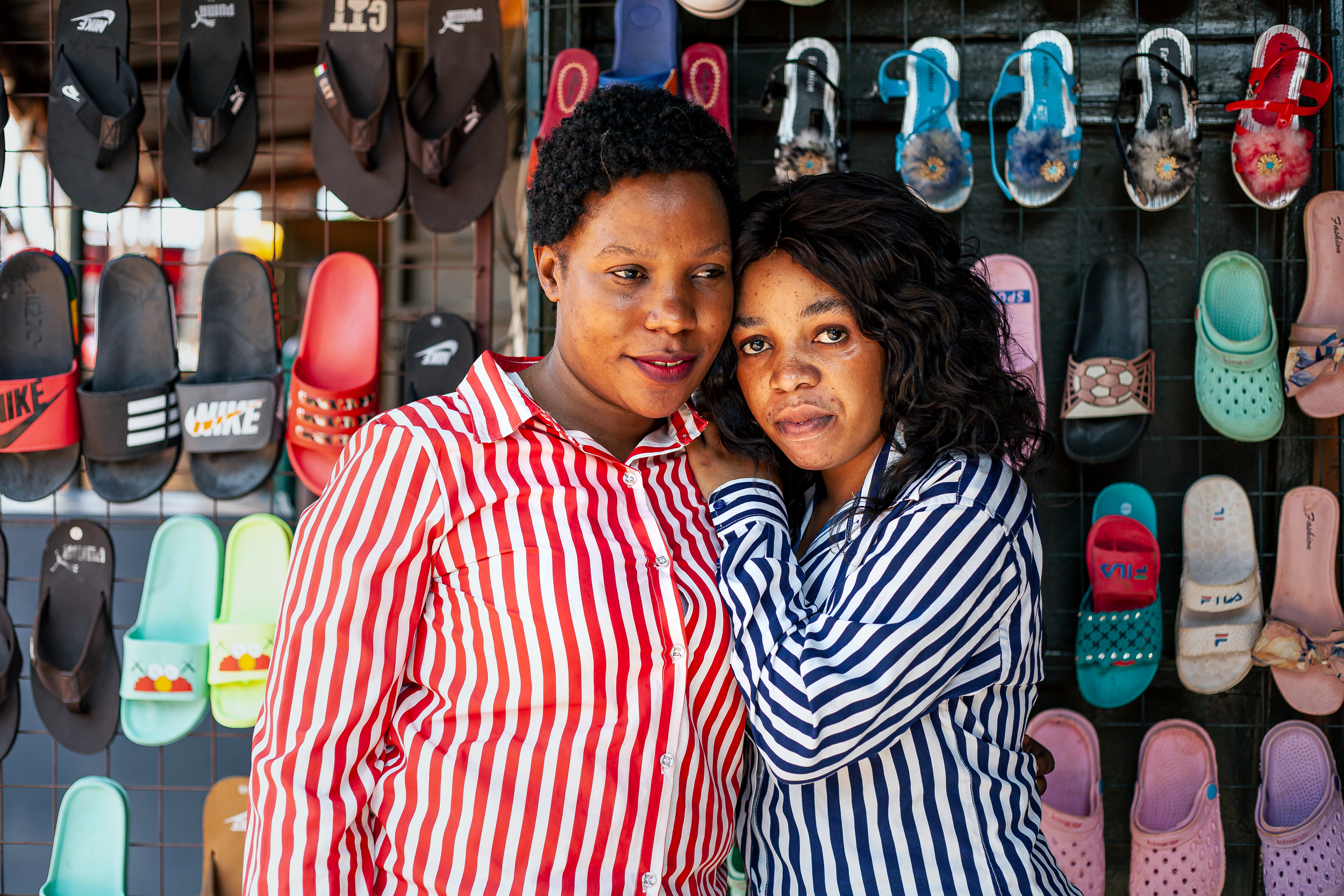
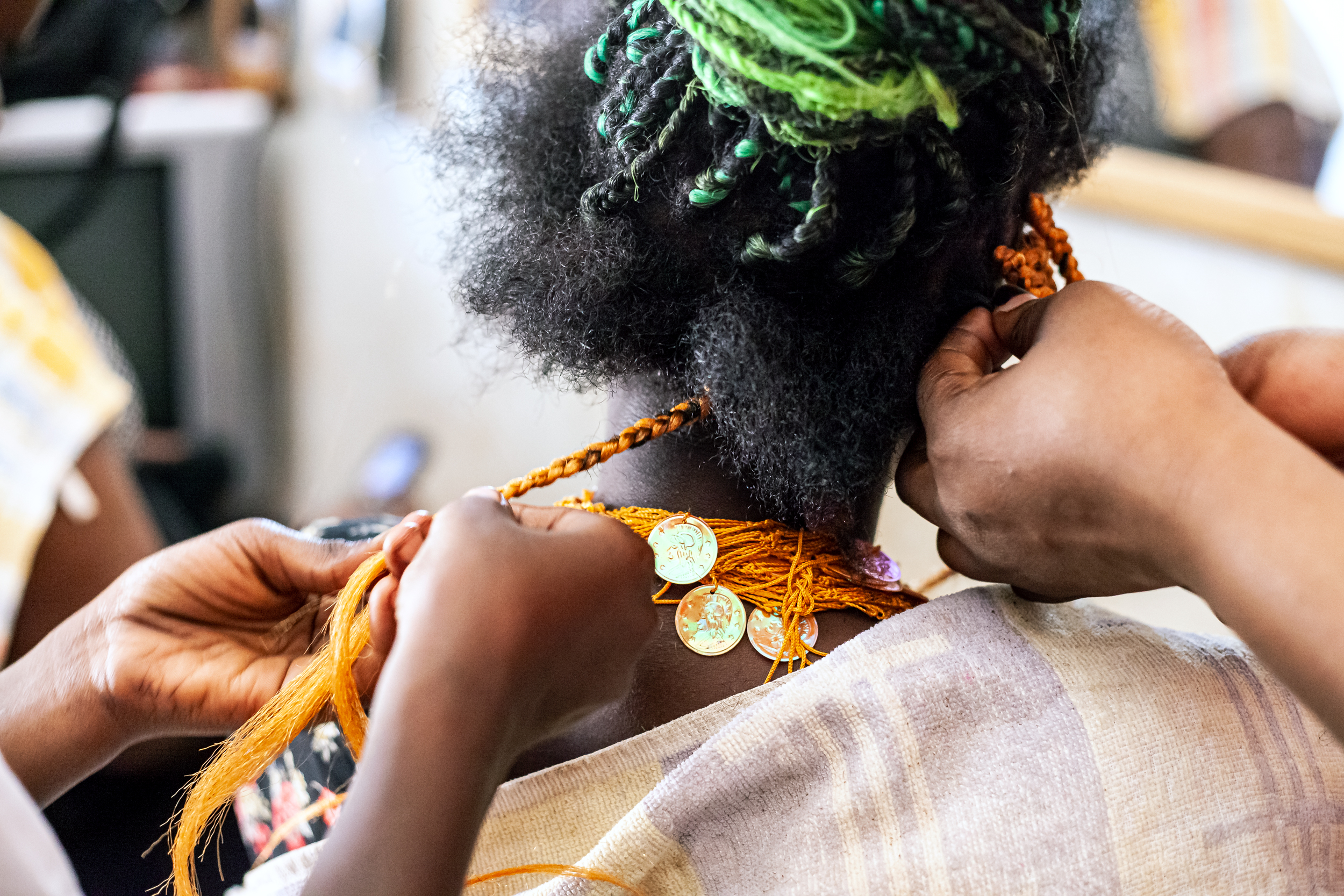
Researchers used a randomised evaluation to capture the effects of the programme. The photographs capture a successful story featuring Sifa and Mariam. Mariam is the owner of the “Mama Prince'” hair salon in Kampala, and Sifa was matched to intern at the salon. They formed a bond and decided to continue working together even after the programme ended. This outcome highlights the potential for fostering partnerships and social cohesion between refugees and locals through initiatives that promote labour integration.
The exhibition is currently shown at Collège de France in Paris, 22-23 June 2023, within the conference: "Science and the Fight against Poverty: How Far Have We Come in 20 Years and What's Next?" hosted by J-PAL Europe.
***
*The project was funded by JPAL Jobs Opportunity Initative, IPA’s Peace & Recovery Fund, PEDL, SurveyCTO, the Mannerfelt and the Siamon Foundations.
︎: marijo.silva.vargas
︎: marijo_silva_v